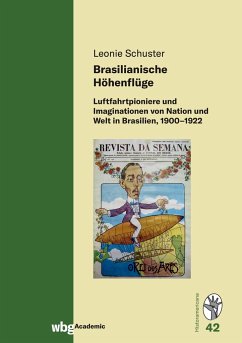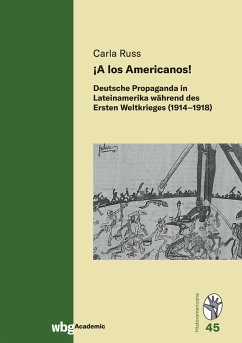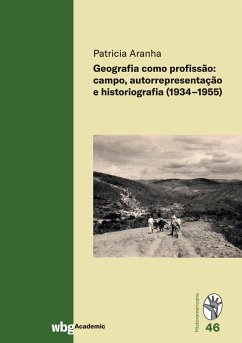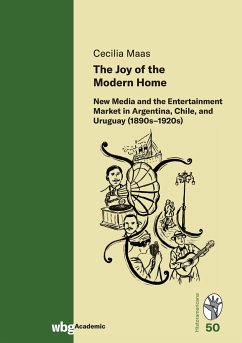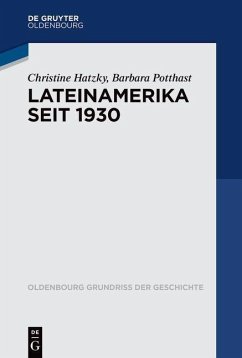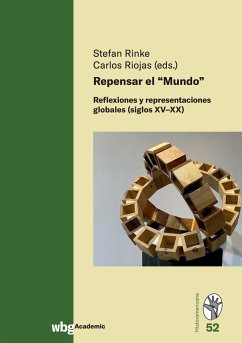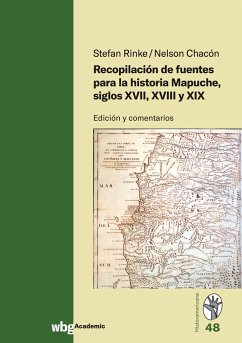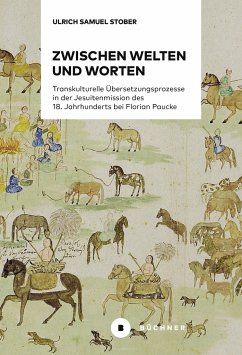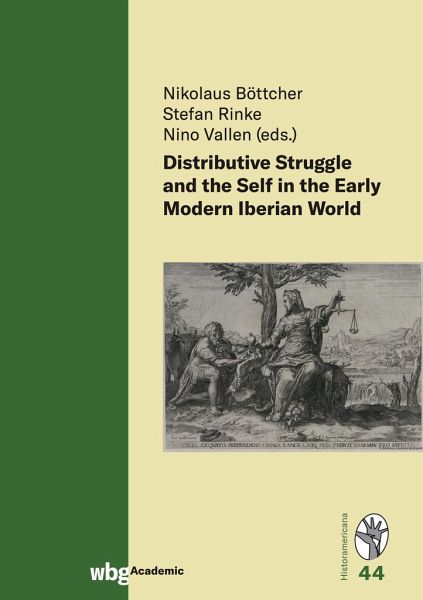
Distributive Struggle and the Self in the Early Modern Iberian World
Versandkostenfrei!
Versandfertig in 6-10 Tagen
30,00 €
inkl. MwSt.

PAYBACK Punkte
0 °P sammeln!
People tell different stories about themselves and the world to express what they believe are or ought to be their rightful privileges. With global integration and growing inequality fueling tensions between competing claims of entitlement, it is necessary to understand how these narratives are produced, interact, and contribute toward the shaping of social realities. This book examines this nexus between distributional struggle and the fashioning of the self in the context of Iberian globalization. Bringing together scholars of the Spanish and Portuguese empires, it explores how men and women...
People tell different stories about themselves and the world to express what they believe are or ought to be their rightful privileges. With global integration and growing inequality fueling tensions between competing claims of entitlement, it is necessary to understand how these narratives are produced, interact, and contribute toward the shaping of social realities. This book examines this nexus between distributional struggle and the fashioning of the self in the context of Iberian globalization. Bringing together scholars of the Spanish and Portuguese empires, it explores how men and women, conversos, creoles, indios, and Hindu merchants on the Iberian Peninsula, in Africa, Asia, and the Americas fashioned their self-images and identities in their efforts to influence the ways in which wealth, privileges, and honors were being distributed.






